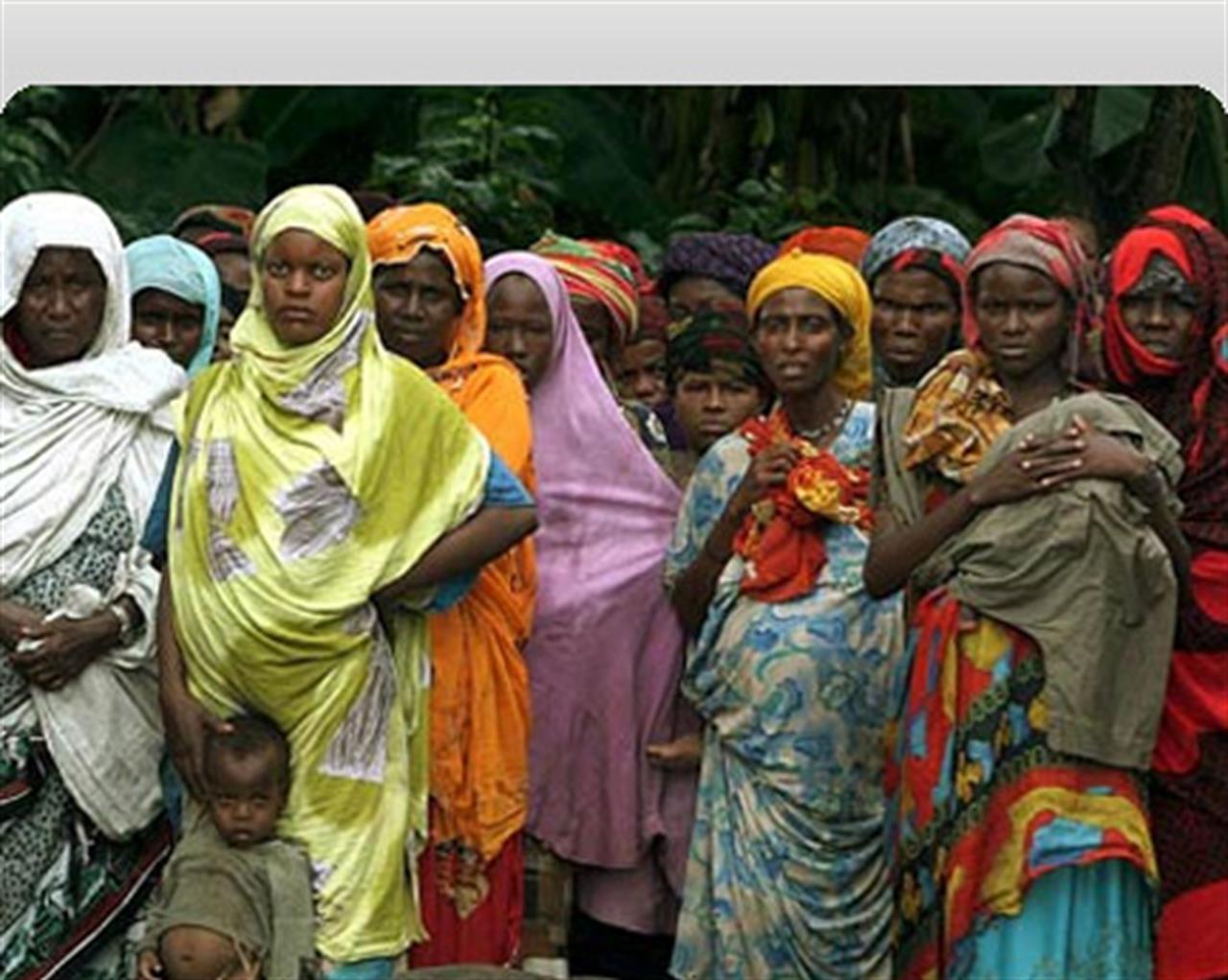Mondo
Somalia: Africa is off limits for humanitarian aid
Such an agressive stance against humanitarian organisations has never been seen before, say the experts, as Caritas prepares to leave the country
di Staff

A new wave of anti-humanitarian violence. This is how the Ocha, the United Nation’s office for the coordination of humanitarian affairs, defined the kidnapping and killing of UN and NGO workers over the course of the past weeks in Somalia. An unexpected wave of violence within the context of what UN General Secretary Ban Ki-Moon recently called “Africa’s most serious humanitarian crisis”.
Civilians in Somalia being kidnapped and killed is not new news (since the beginning of the year the conflict has cost the lives of 2,136 civilians, bringing the balance of deaths since the rebellion of the Islamic Courts in 2007 up to 8,363). And neither is the targeting of Western humanitarian workers, in the midst of a conflict that has being going on for more than 18 years. But the last few weeks have shown a definite twist in the turn of events: the last, heavy blow being the killing, on July 6, of Osman Ali Ahmed, the head of the UN’s Somali development programme. A native Somali, like the other 5 humanitarian workers kidnapped on June 30 near Mogadishu, who worked for the Italian NGO Water for Life, founded by an Italian priest and geologist, Elio Sommavilla. A kidnapping that, according to the NGO, is not connected to the social work carried out by the workers in a village called Ayuub, near Merka, a model village when it comes to democracy in practice that was founded by a Somali woman, Mana Suldaan. “In Mogadishu, if you travel in a van that carries an NGO logo you become a walking target” says a humanitarian worker from the field, in Somalia who wishes to remain anonymous. “Often they are kidnapped for ransom, as this can be as much as 3 thousand dollars, depending on who the kidnappers are”.
That there has been a definite turn in the tides is confirmed by Mario Raffaeli, an Italian government special delegate for Somalia: “Before there used to be single episodes. Now there is a full on campaign against humanitarian workers to a scale that hasn’t been seen before”, says the delegate. Kidnapping and killings are “connected to the deterioration of safety measures and the degradation of Somali social fabric, which means that things that would have never happed before are going on”, explains Raffaeli at first, although he later adds that there have been two specific moments which have lead to the “anti humanitarian wave”. NGO workers started becoming targets after May 1st, which is when the USA launched a raid to kill one of the leaders of the Islamic Courts, Aden Hashi Ayro, whom Washington believes to be an exponent of Al-Qaeda.
The second date, June 9th, which is when several members of the Somali opposition group, known as the ‘Asmara Group”, signed an agreement in Gibuti that would issue, within 120 days, an “international stabilisation” force under the guidance of the UN. This force would, in practice, replace the Ethiopian army that, since the end of 2006, has supported the transition government against the Islamic Courts. “Those who want to prevent this agreement from following through are using all means, including attacks to humanitarian workers”, says Raffaeli. “Over the course of the past month the UN special representative Ahmedou Abdallah has declared that he wants to reopen the United Nations offices in Mogadishu”.
But not every one wants the UN to reopen its offices. Raffaeli remembers that in September 2006, when there had first been talk of reopening the offices, one of the four Italian nuns who had stayed in Mogadishu, sister Leonella Sgorbati, was murdered, even though she was loved and protected by the local people. The message hit home and all mention of reopening the UN in Somalia was dropped.
Since then, security has deteriorated. Even Caritas Somalia, that in May 2006 had returned to the country to work alongside Islamic Refugee, a Muslim faith based NGO, will close shortly. It would seem that the goal, vetoing all dialogue and social infrastructure, has been reached. “Just this week, 12 aid workers have been kidnapped and 2 or 3 have been killed. It is obviously impossible to work in this context” states Raffaeli.
Two million Somalis live only because of international aid. More than a million have been left homeless. Thousands of children in Mogadishu alone are undernourished. These are the figures that describe the situation, according to Medcins Sans Frontiers, and the trend that has to be reversed. Not to forget the more than 700 dead Somalis who never made the sea crossing into Yemen, escaping to what, they had hoped, would be a better life.
Si può usare la Carta docente per abbonarsi a VITA?
Certo che sì! Basta emettere un buono sulla piattaforma del ministero del valore dell’abbonamento che si intende acquistare (1 anno carta + digital a 80€ o 1 anno digital a 60€) e inviarci il codice del buono a abbonamenti@vita.it
